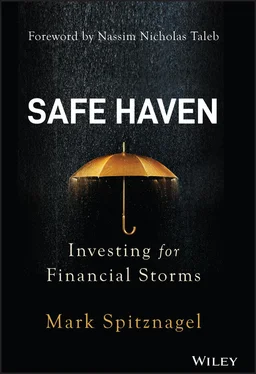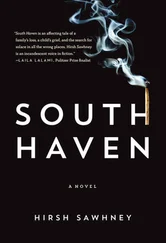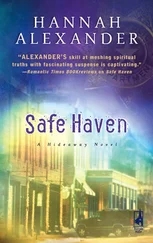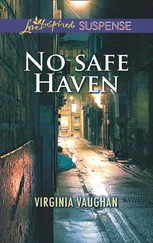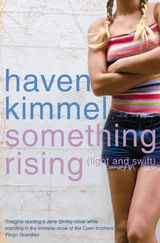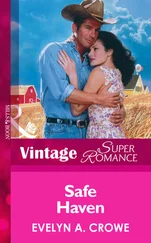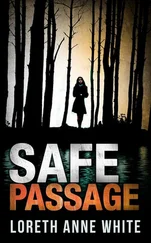76 68
77 69
78 70
79 71
80 72
81 73
82 74
83 75
84 76
85 77
86 78
87 79
88 80
89 81
90 82
91 83
92 84
93 85
94 86
95 87
96 88
97 89
98 90
99 91
100 92
101 93
102 94
103 95
104 96
105 97
106 99
107 100
108 101
109 102
110 103
111 104
112 105
113 106
114 107
115 108
116 109
117 110
118 111
119 112
120 113
121 114
122 115
123 116
124 117
125 118
126 119
127 120
128 121
129 122
130 123
131 124
132 125
133 126
134 127
135 128
136 129
137 130
138 131
139 132
140 133
141 134
142 135
143 136
144 137
145 138
146 139
147 140
148 141
149 142
150 143
151 144
152 145
153 146
154 147
155 148
156 149
157 150
158 151
159 152
160 153
161 154
162 155
163 156
164 157
165 158
166 159
167 160
168 161
169 163
170 164
171 165
172 166
173 167
174 168
175 169
176 170
177 171
178 172
179 173
180 174
181 175
182 176
183 177
184 178
185 179
186 180
187 181
188 182
189 183
190 184
191 185
192 186
193 187
194 188
195 189
196 190
197 191
198 192
199 193
200 195
201 196
202 197
203 198
204 199
205 200
206 201
207 202
208 203
209 204
210 205
211 206
212 207
213 208
214 209
215 211
216 213
217 214
218 215
219 216
220 217
221 218
222 219
223 220
224 221
225 222
226 223
227 224
228 225
SAFE HAVEN
Investing for Financial Storms
MARK SPITZNAGEL

Copyright © 2021 by Mark Spitznagel. All rights reserved.
Published by John Wiley & Sons, Inc., Hoboken, New Jersey.
Published simultaneously in Canada.
No part of this publication may be reproduced, stored in a retrieval system, or transmitted in any form or by any means, electronic, mechanical, photocopying, recording, scanning, or otherwise, except as permitted under Section 107 or 108 of the 1976 United States Copyright Act, without either the prior written permission of the Publisher, or authorization through payment of the appropriate per‐copy fee to the Copyright Clearance Center, Inc., 222 Rosewood Drive, Danvers, MA 01923, (978) 750‐8400, fax (978) 750‐4470, or on the web at www.copyright.com. Requests to the Publisher for permission should be addressed to the Permissions Department, John Wiley & Sons, Inc., 111 River Street, Hoboken, NJ 07030, (201) 748‐6011, fax (201) 748‐6008, or online at http://www.wiley.com/go/permission.
Limit of Liability/Disclaimer of Warranty: While the publisher and author have used their best efforts in preparing this book, they make no representations or warranties with respect to the accuracy or completeness of the contents of this book and specifically disclaim any implied warranties of merchantability or fitness for a particular purpose. No warranty may be created or extended by sales representatives or written sales materials. The advice and strategies contained herein may not be suitable for your situation. You should consult with a professional where appropriate. Neither the publisher nor author shall be liable for any loss of profit or any other commercial damages, including but not limited to special, incidental, consequential, or other damages.
For general information on our other products and services or for technical support, please contact our Customer Care Department within the United States at (800) 762‐2974, outside the United States at (317) 572‐3993 or fax (317) 572‐4002.
Wiley also publishes its books in a variety of electronic formats. Some content that appears in print may not be available in electronic formats. For more information about Wiley products, visit our website at www.wiley.com.
Library of Congress Cataloging‐in‐Publication Data is Available:
ISBN 9781119401797 (Hardback)
ISBN 9781119402527 (Epdf)
ISBN 9781119402510 (Epub)
Cover Design: Paul McCarthy
Cover Art: © Annabelle Breake / Getty Images
Author Photo: Courtesy of the Author
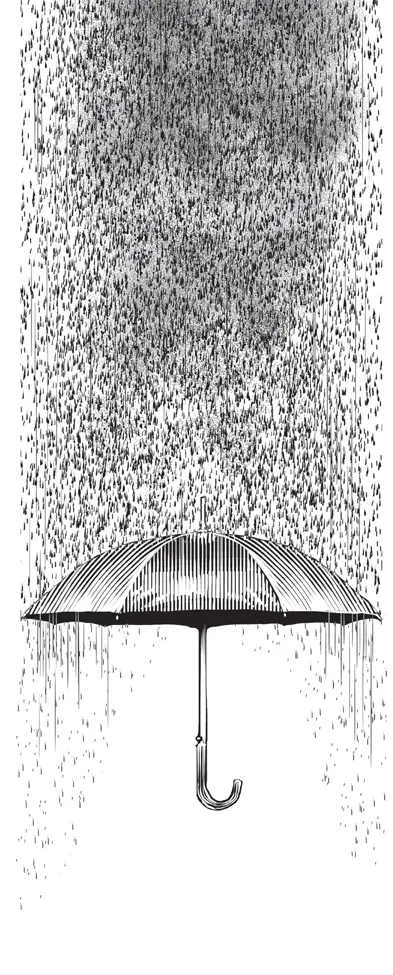
I was burned out from exhaustion, buried in the hail
Poisoned in the bushes an’ blown out on the trail
Hunted like a crocodile, ravaged in the corn
“Come in,” she said, “I'll give ya shelter from the storm”
Bob Dylan
Nassim Nicholas Taleb
In my ancestral village in the Northern Levant, on top of a hill, stands a church dedicated to Santa Marina. Marina is a local saint, though, characteristically, some other traditions claim her—such as Bithynia or other Anatolian provinces of the Eastern Roman Empire.
Marina grew up in a wealthy family, in the fifth century of our era. After the death of her mother, her father decided to turn his back on civil existence and embrace a life of monasticism. His aim was to spend the rest of his life in a cell carved in the rocks, in the Connubium (Qannubin) valley, at the base of Mount Lebanon, about eight miles from my village. Marina insisted on joining him and faked being a boy, Marinos.
About a decade later, after the death of her father, a visiting Roman soldier impregnated the daughter of a local innkeeper and instructed her to accuse the defenseless father Marinos of having committed the deed. The innkeeper's daughter and her family complied, fearing retaliation by the Roman soldiers.
Marina took the blame—yet she did not need a tough litigator to prove her innocence. She refrained from revealing her biological gender, to remain true to her monkhood identity and what she perceived to be the holiness of her mission. So Marina was forced to raise the child, and to make penitence for an act she never committed, she lived for a decade the life of a beggar outside the walls of the monastery.
Marina faced daily contempt from her peers and the local community. Yet she stood firm, never giving into the temptation to reveal the truth.
After she died prematurely, her gender was revealed during the purification rituals. The iniquity of the accusers was exposed posthumously, and she was venerated into Greek Orthodox sainthood.
The story of Hagia Marina shows us another variety of heroism. It is one thing to commit spontaneous grandiose acts of courage, risk one's life for the sake of a grand cause, become a hero in battle, drink the hemlock for the sake of the philosophical death, become a martyr by standing tall while being maimed by lions in the Roman Coliseum. But it is much, much harder to persevere with no promise of vindication, while living the daily grind of humiliation by one's peers. Acute pain goes away; dull pain is vastly harder to bear, and vastly more heroic.
I have known Mark Spitznagel for long enough (more than two decades) to remember that he was once, briefly, a vegetarian, perhaps after reading Herman Hesse's Siddhartha in which the protagonist claims: “I can think, I can wait, I can fast.” My suggestion to follow the Greek Orthodox fast, where one is vegan two‐thirds of the year (and aggressively carnivore on the other third, mostly Sundays and holidays), failed to convince. It seemed too much of a compromise.
Читать дальше
